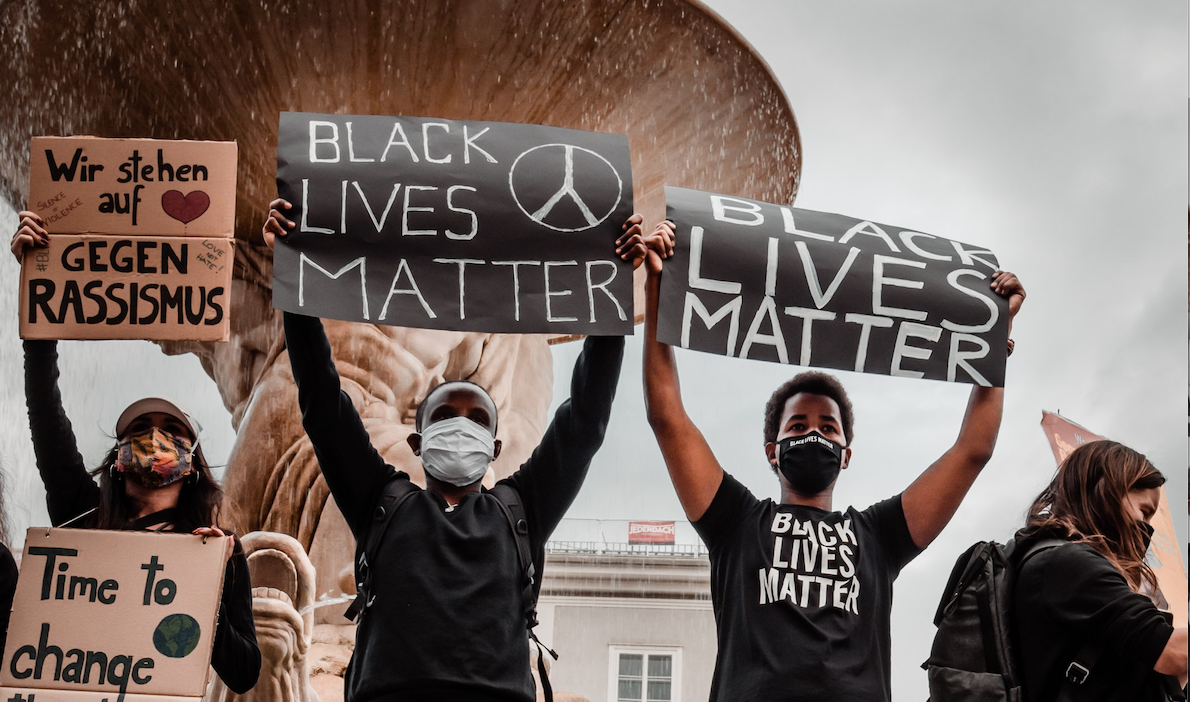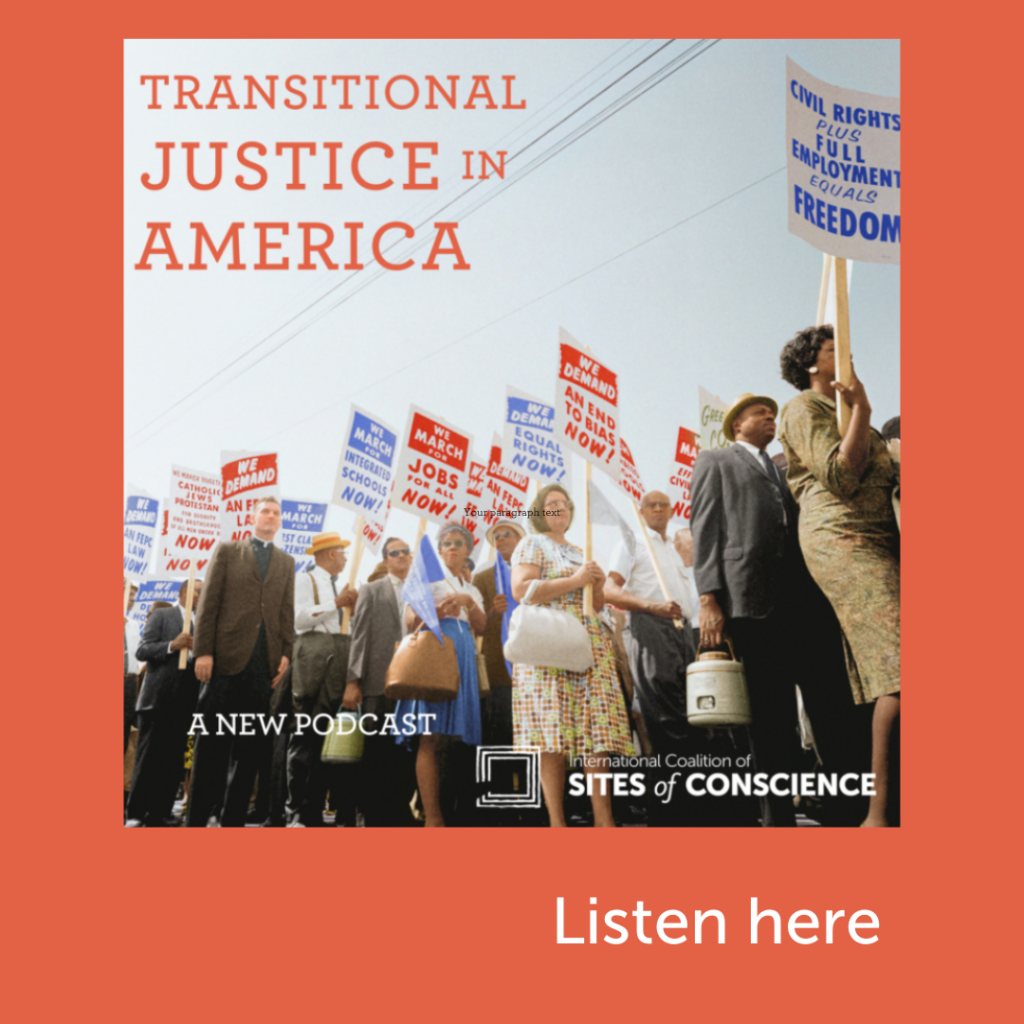
Racial Justice in America
“Our song, our toil, our cheer, and warning have been given to this nation in blood-brotherhood. Are these gifts worth the giving? Is not this work and striving? Would America have been America without her Negro people?” -W.E.B. du Bois, The Souls of Black Folks

Having worked with a range of Sites of Conscience in the United States – from Jamestown and the 1619 landing to the National Civil Rights Museum in Memphis – as well as providing technical support to sites including the Niagara Falls Underground Railroad Heritage Center and facilitation of public feedback on an existing slave auction block in Fredericksburg, Virginia, the Coalition recognizes that coming to terms with the past looks different in every society.
Our Global Initiative for Justice, Truth, and Reconciliation (GIJTR) – a flagship program that has worked in a range of post-conflict and post-authoritarian contexts and in settings where there is a high risk of collective violence and threats to democracy – has highlighted that there are numerous lessons that can be shared among diverse contexts, learnings that can assist in shaping new and emerging truth, justice and reconciliation initiatives.
In the United States, the manner in which racism was operationalized, the times when it ebbed and peaked, and the ways in which it was manifested in different communities, varies. Despite the impervious nature of racism in America, there has also been a deep and vibrant history of survival, resilience, and resistance. Special focus needs to be given to these multiple experiences and varied truths that when brought together can form a fuller picture of the story of racism in America and inspire local actors to develop strategies to combat racism and inequality. Since 2020 – when the killing of George Floyd by a police officer sparked a global movement for racial justice – there have been a series of truth, justice, and healing efforts that have been initiated around the country either by higher education institutions, local authorities, and non-profit organizations. These initiatives range from truth commissions to reparations committees.
By drawing on the expertise gained through our GIJTR program and our deep knowledge of working on issues related to discrimination and racial injustice in the United States, the International Coalition of Sites of Conscience’s Racial Justice Initiative aims to support and strengthen local capacities to contribute to, and/or initiate, truth, justice, and reconciliation efforts, ensuring that key stakeholders are engaged in any transitional justice conversations in an informed and sustained manner, thereby contributing to the broader vision of positive racial transformation and an equitable society.
